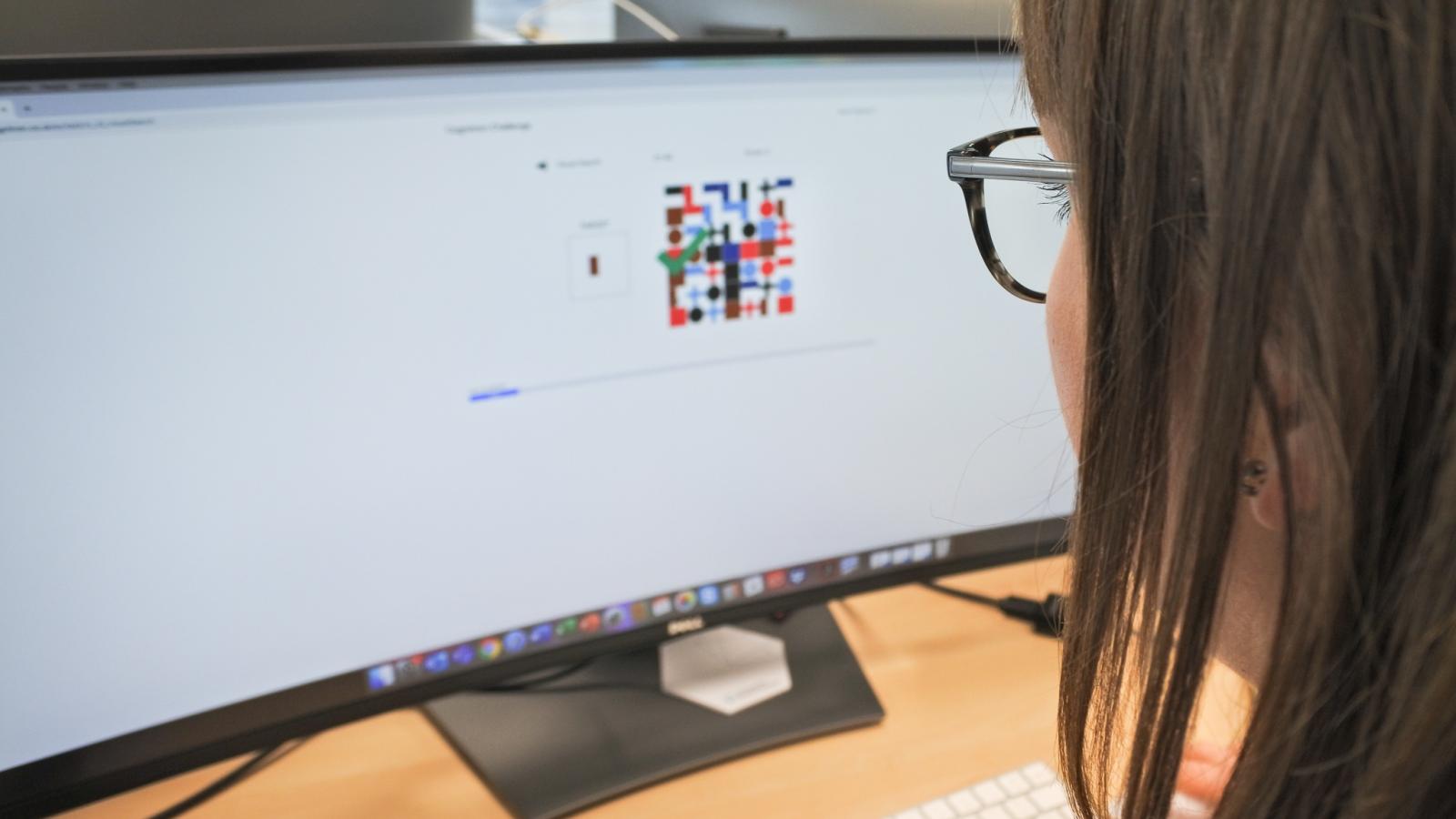A 3-minute interview with Dr Adam Hampshire, from our new Care Research & Technology centre at Imperial. Discover this new programme and how any member of the public can help progress this research!
Can you tell us a bit about yourself and your expertise?
I am a cognitive neuroscientist working as principal investigator at the Cognitive Computational and Clinical Neuroimaging Laboratory, Imperial College London. My interests focus on understanding what the dimensions of the human mind are, how we can measure them, how they relate to brain anatomy, and how they are affected in clinical populations. I develop computerised cognitive tests for this purpose that can run via the Internet. Some of my tests have been used to test >100K members of the general public.
What will your new UK DRI programme be looking at?
As a member of the new UK DRI centre at Imperial College, I will be studying how aspects of behaviour change in older adults, and how this relates to changes in their brains. This will be achieved in part by using objective tests, where people try to solve certain types of problem, but also by monitoring how they perform everyday tasks in the real world.
How do you hope your findings will benefit people with dementia?
Ultimately, I hope to provide a set of behavioural tools that can be used to detect as accurately as possible when someone is starting to have problems in everyday life, for example, with certain aspects of memory, and to use this to guide treatment. We would like our centre to produce ‘the’ standard set of measures that can be used to test whether therapies actually help people, for example, manage their daily activities and maintain independence. If we understand how and why someone is struggling, then this can help inform us regarding the type of support that an individual needs.
How can people be involved with and support your work?
Human memory is complex, operating over different timeframes, and being reliant on brain systems that are specialised for different types of information. The study that we are running at the moment seeks to understand how these different aspects of memory develop throughout the lifespan and how that development varies in older adults.
In order to achieve this, we need people of all ages to go onto our website, complete a set of tests, and then fill out a brief questionnaire. The whole process takes about 20 minutes, with scores provided at the end. To take part please visit: https://www.cognitron.co.ukminutes to complete online tests that will improve lives
